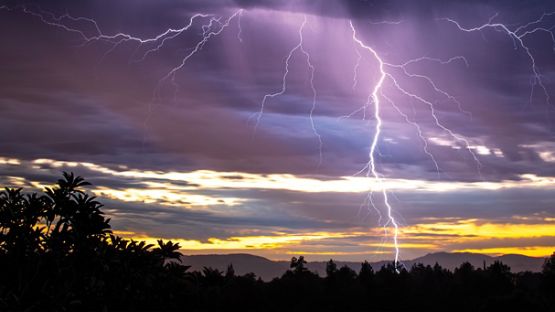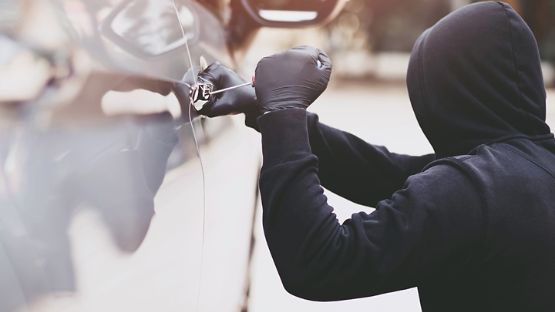How to protect yourself from the dark web
You’ve seen the movies. “We investigated the perp’s activity on the dark web…it’s bad Chief”. From what we watch on film and television, the dark web seems to be a mysterious place of digital dirty deeds where you’ll find guns for hire, weapons grade plutonium, or Komodo dragons for sale. These deep web exaggerations may be the stuff of movies; however, the dark web is a very real interactive online space where cyber criminals sell personal data and information…all in secret and without the knowledge of the victims. Thankfully, there are ways to recognize such wicked activity and protect yourself from these dark web security threats.
A primer on the dark web and the different types of internet?
First, it’s important to note the different levels of the internet. There is the surface web which includes sites anyone can search and access through a standard browser and network. These sites get indexed by search engines. Then there is the deep web which isn’t indexed by web browsers and contains password-secured information like a personal email page, banking site, etc. Surprisingly, these password-protected pages make up 90% of the internet1. The dark web, which is considered part of the deep web, isn’t indexed by web browsers, and can only be accessed through anonymizing browsers like Tor. Some tech experts suggest that the dark web makes up for 6% of the internet1. The dark web isn’t illegal, though illegal activities are commonplace in that shadowy online space.
What goes on in the dark web?
Admittedly, the dark web is not all bad. The dark web is a safe online space with many benefits for journalists, dissidents living under oppressive regimes, and business whistleblowers. However, the anonymity that makes the dark web safe for them also makes it safe for criminals and their misdeeds. The sale of handguns, drugs, hacking tools, and other horrible things are common. Who wants those in their communities? There is also a security risk to you. If your personal or financial information is ever breached, it’s likely that it’ll be sold on the dark web. Cyber criminals will sell passport information, social insurance numbers, banking information, credit card numbers, and more, which is why cybersecurity and protecting yourself from identity theft are key.
How to protect yourself from the activities on the dark web
If you lose your wallet, you know to cancel your credit cards, inform your bank, and get a new driver’s license. But what if you’re unaware that the sensitive information of those personal identity documents has been compromised? You’ll never know if it makes its way to the dark web. That’s where dark web monitoring comes in. It’ll regularly scan the dark web specifically looking for any instance where your information may show and report to you if it does. Then you can take the same steps you would if you lost your wallet. There are several businesses and services that offer dark web monitoring for their users. You should also investigate cyber insurance as it might provide dark web monitoring services as well.
To learn more about cyber insurance, visit Aviva Cyber Insurance for your household.
1A Look at Key Dark Web Statistics (2023 Data Update) (techreport.com)













